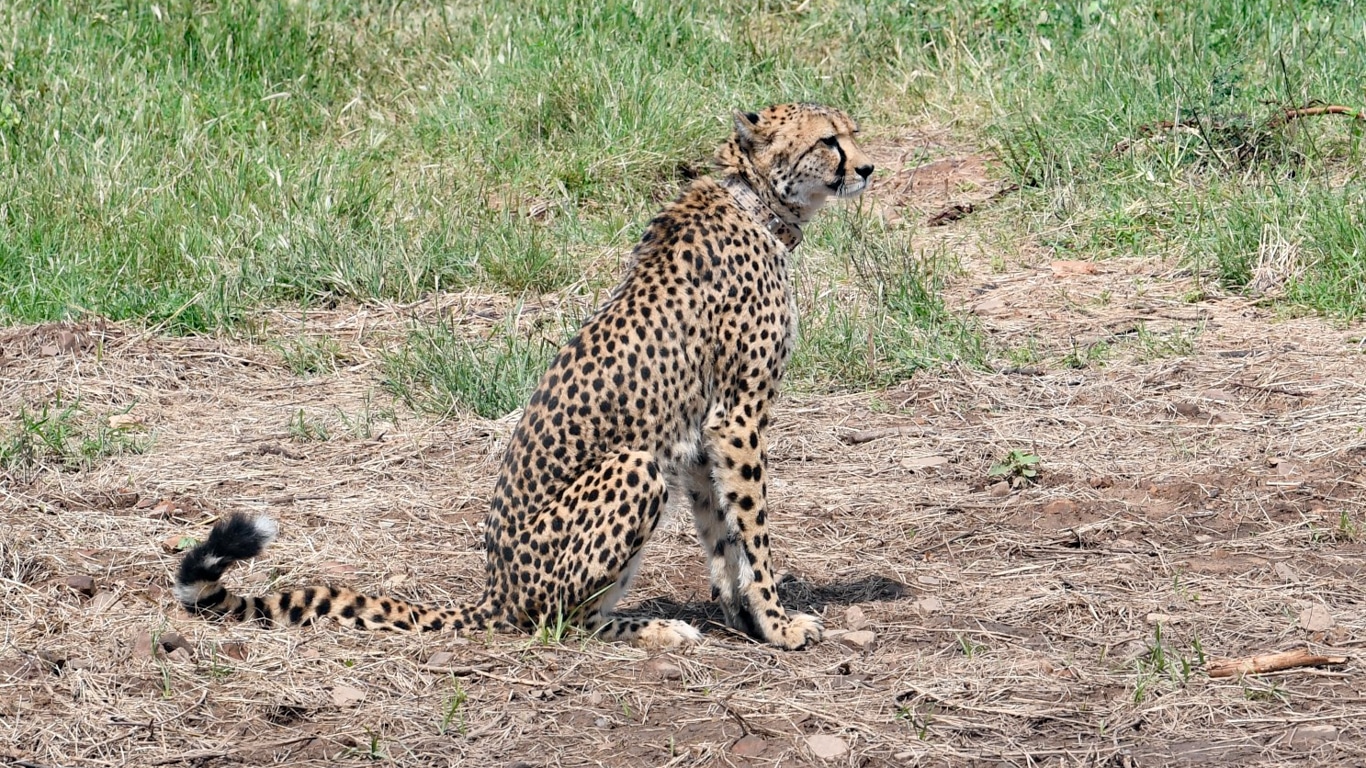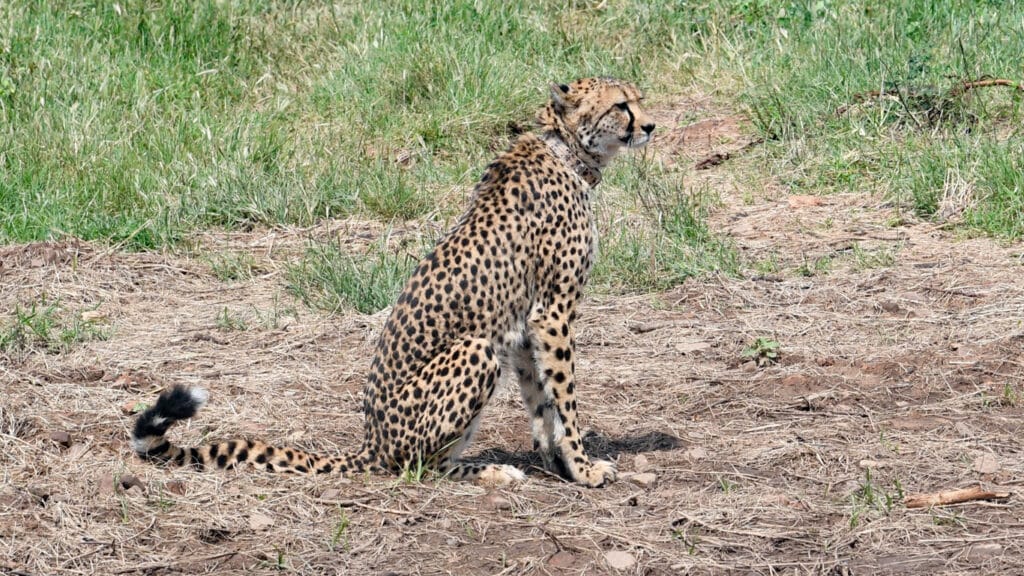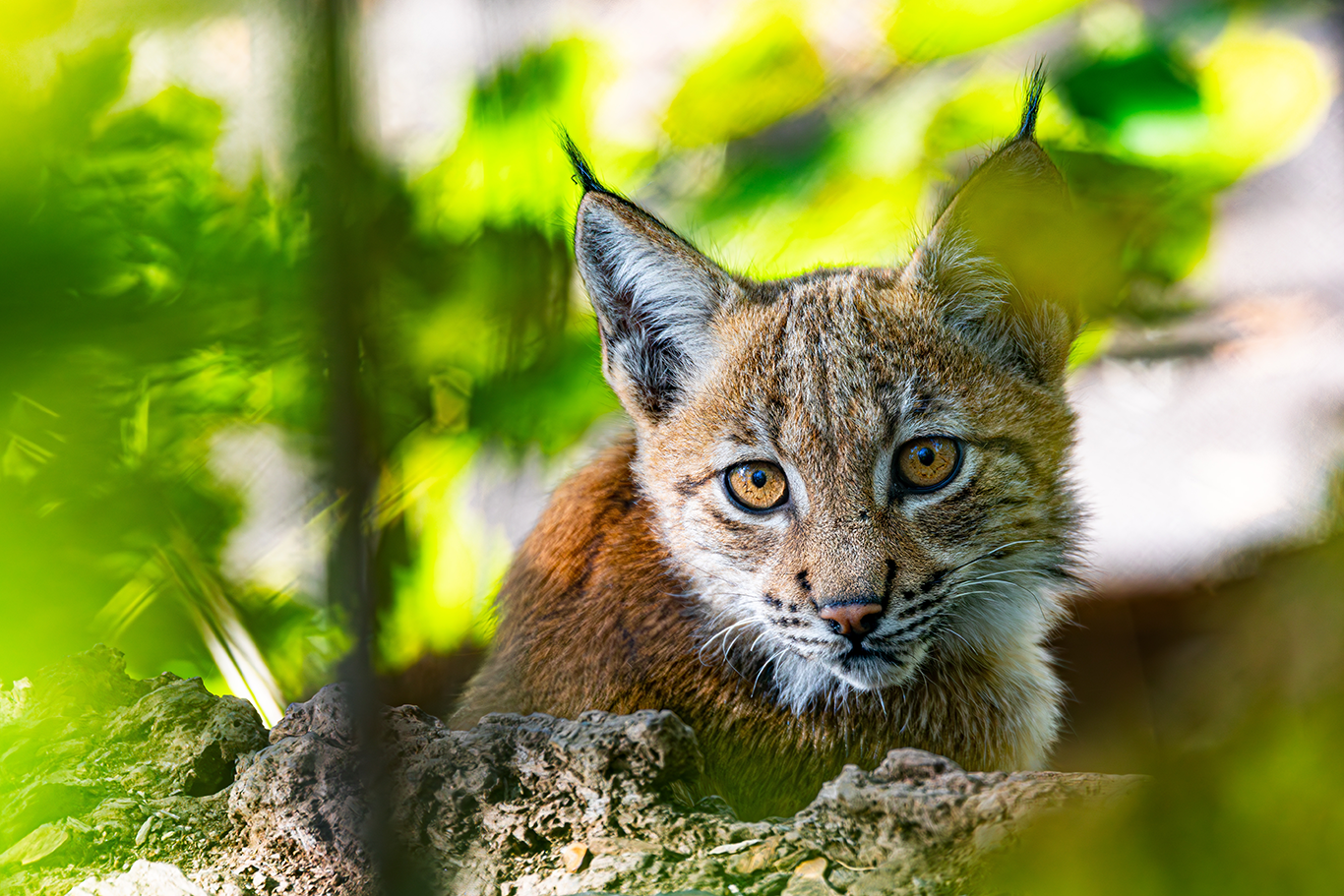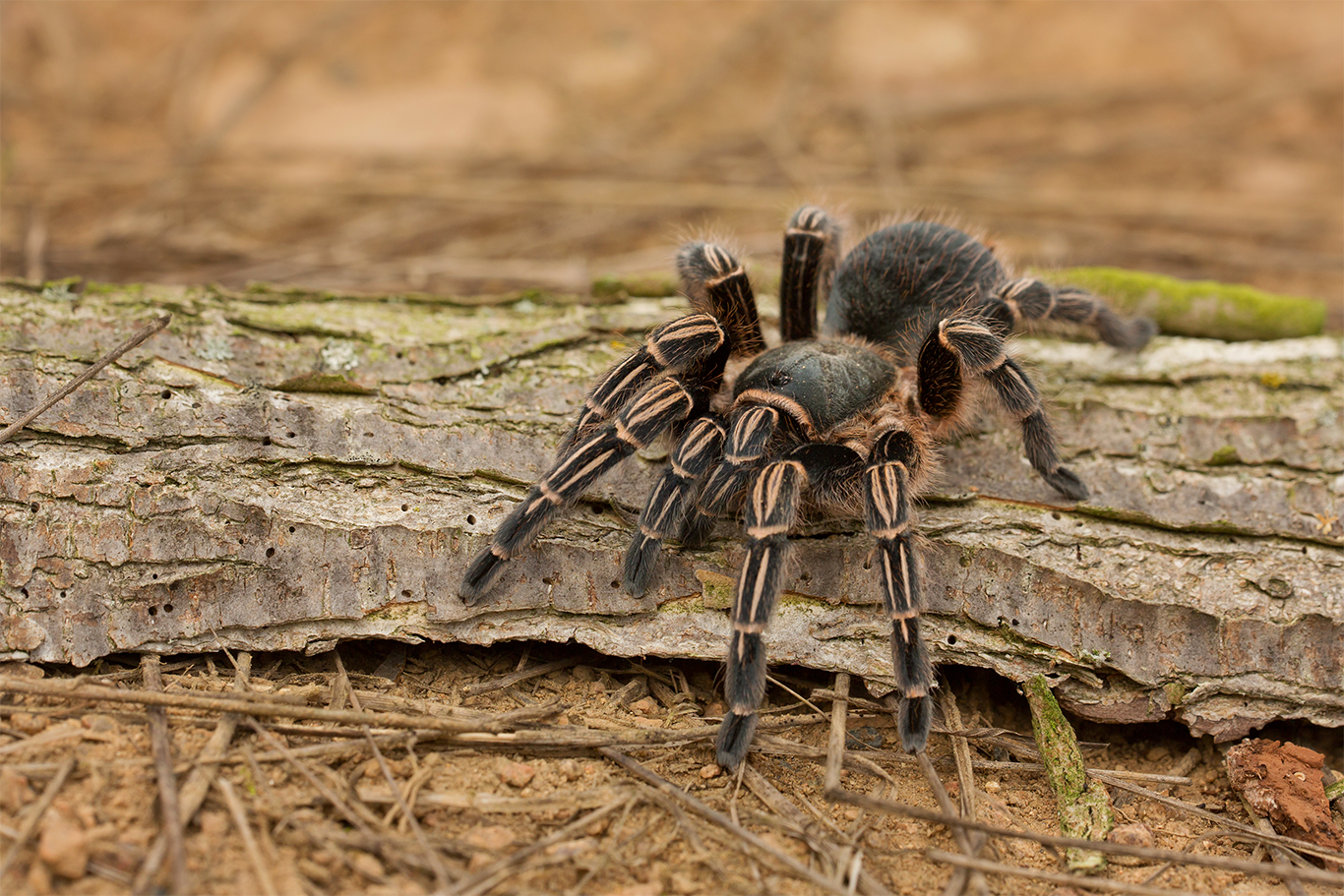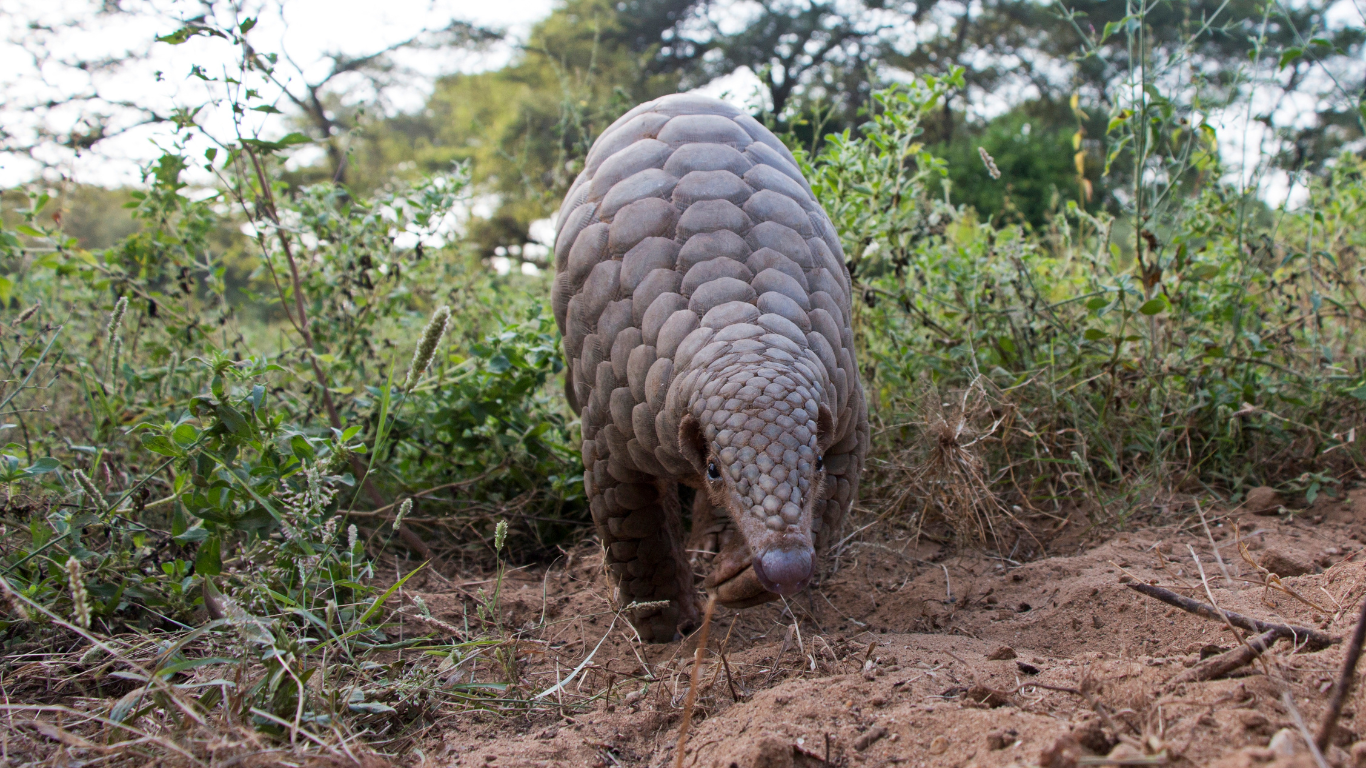Indian prime minister Narendra Modi has reintroduced extinct cheetahs on his birthday, reports the BBC.com. The group of eight cats arrived from Namibia on Saturday, and will be the first to roam free in the country since the species was declared extinct in 1952.
The cheetahs will spend one month in quarantine before being released into Kuno National Park in central India. It marks the first time a large carnivore has been moved from one continent to another to be reintroduced into the wild. Cheetahs used to roam alongside other big cats like lions and tigers in India, but by 1952, they had been wiped out. According to studies, many of the cats were killed by bounty hunters and sheep and goat herders during the colonial era. India has tried to reintroduce the animal since 1950s, but this is the first time attempts have been successful.
The cats – five females and three males between two and six years of age – were flown from Windhoek to the city of Gwalior. They were accompanied by wildlife experts, vets and biologists during their journey on a modified passenger Boeing 747 plane, and upon arrival were transferred by helicopter to Kuno park in Madhya Pradesh state. Their new home – a sprawling 289-square-mile (749-square-kilometer) expanse – is rich in prey, including antelope and wild boars. Additional groups of cheetahs will be arriving from South Africa and Namibia, bringing to at least 20 the number of cats due to be reintroduced.
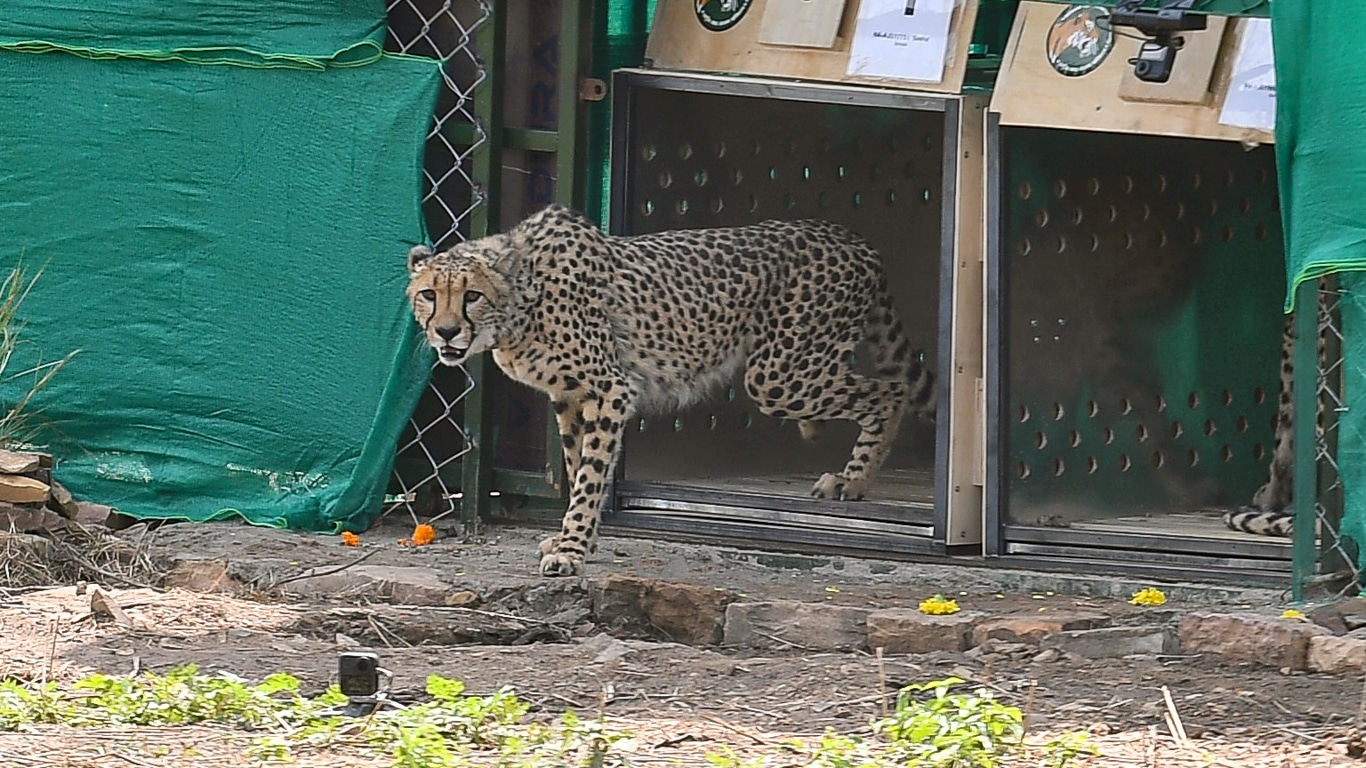
Each cheetah will be assigned a dedicated team of volunteers to monitor its wellbeing and movements. Satellite radio collars have been put on each cat and will provide geolocation updates to the teams.
Those in support of the project believe the reintroduction will bolster local economies and help restore ecosystems that support cheetahs, the world’s fastest land animal. However, there are concerns from other camps that the relocation of animals is risky and that releasing them into the park could place them in danger: cheetahs tend to avoid conflict and are targeted by competing predators. Kuno has a large leopard population which could kill cheetah cubs.
There is also the risk that the cheetahs could stray outside the boundaries of the park and get killed by people or other animals. But officials have discounted these fears, saying cheetahs are highly adaptable and that the park has been well vetted for suitability.
There are currently around 7000 cheetahs in the world, and South Africa and Namibia are home to around one third of these.
Banner: Narendra Modi/Twitter

